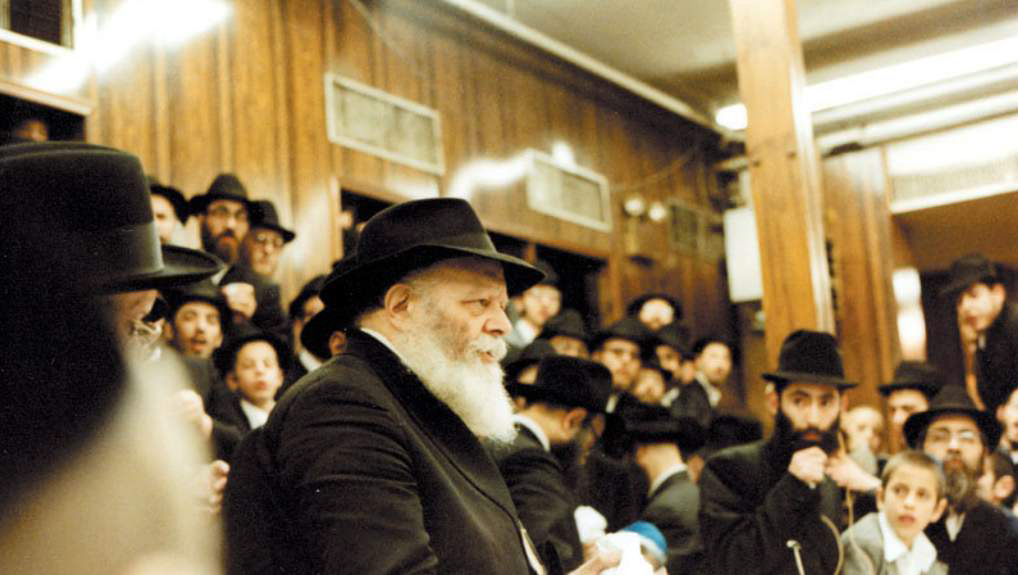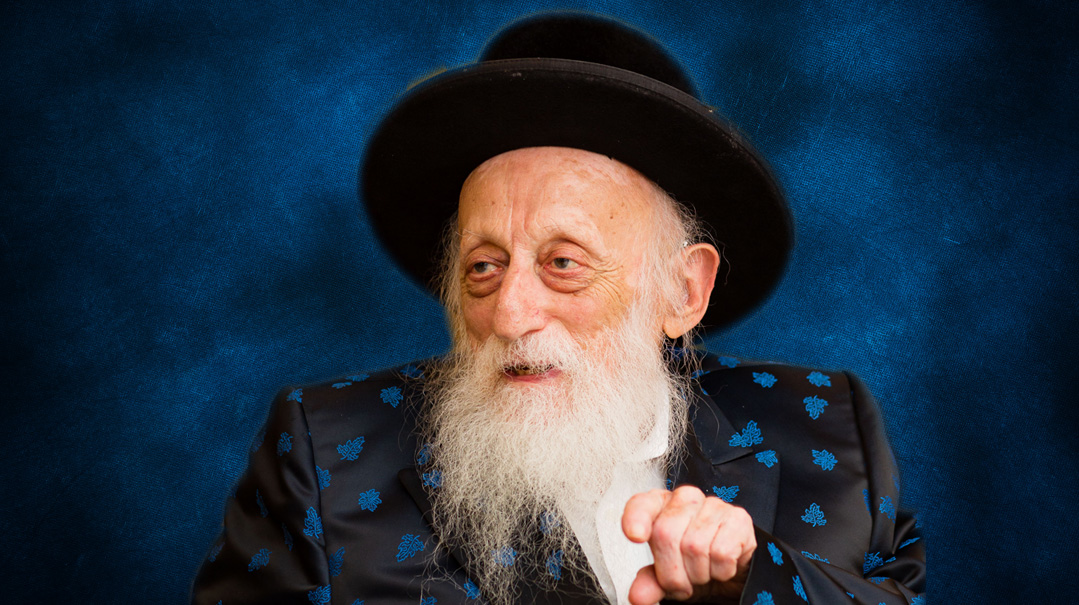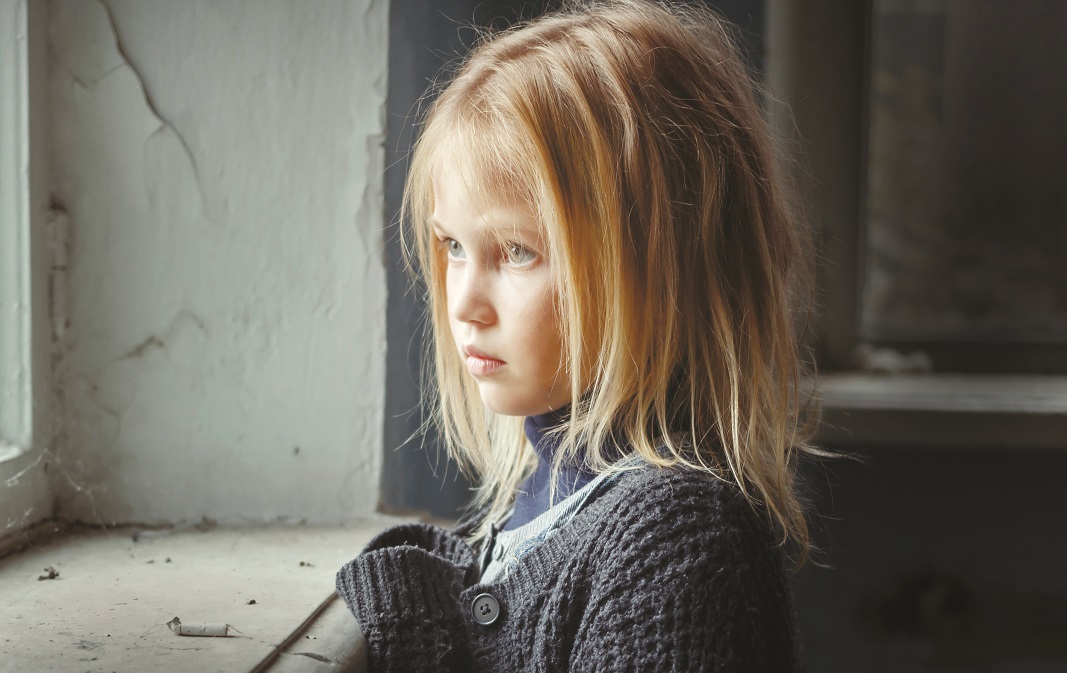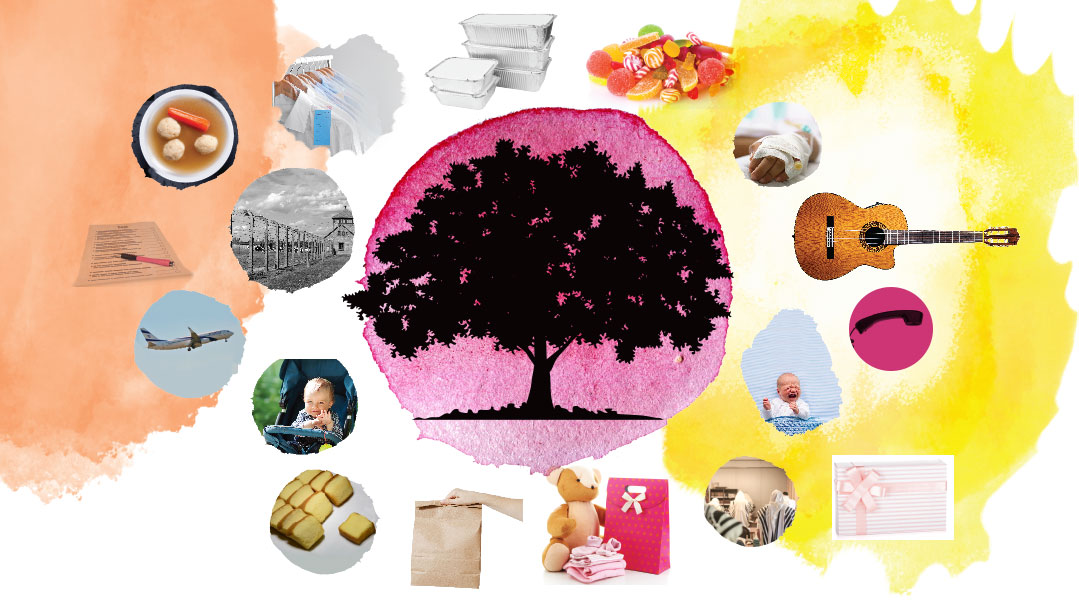My G-d Is Your G-d
| May 29, 2017
MORE MEYUCHAS THAN WE ARE “One girl I was close to — we eventually walked her down to her chuppah — was very integrated into the community. She asked that the microphone under the chuppah be turned off when the kesubah was read — she didn’t want everyone in attendance to hear ‘bas Avraham Avinu.’ Another asked the rav if it could just read ‘bas Avraham.’ This secrecy comes from experiencing negative reactions. People have to realize that these newcomers are more meyuchas than we are”
E ver have to give up a childhood custom or habit or forfeit some small pleasure that doesn’t fit with your husband’s or community’s minhag? It’s hard to change the way you’ve always done things. Imagine giving up everything: being part of your birth family your favorite foods even your mindset and educational values. Imagine that your annual festivals no longer exist. Imagine dropping your comfortable identity and assuming a new one submerging yourself in a foreign culture.
All these are part of the immense sacrifice a giyores makes when she decides to join the Jewish people. “As I observed the girls who lived in our home I was amazed by their strength and dedication ” says Zisi Schleider. She’s mother of a nice-sized brood for many years was a beloved playgroup morah to a bunch of adorable tots — and mentor and adoptive mom to many young women who seek to join the nation of Avraham Avinu.
Frum Life Immersion
In addition to formal tutoring during the conversion process London Beth Din requires geirim to spend at least six months staying with an approved Orthodox family. This is meant to provide a practical foundation for Jewish living as well as a taste of the spirit of Yiddishkeit. Zisi’s family — passionately frum yet easygoing — are the perfect hosts for a wide range of young women on a journey toward Judaism.
Much of the learning takes place in Zisi’s kitchen. “I invite the girls to join me in the kitchen and to cook there. I tell them right away ‘Nothing here is precious nothing is expensive to replace. If you think you used the wrong utensil just tell me so I can kasher it or throw it out.’ We have to be very matter-of-fact and open from the beginning so that it’s not scary to make mistakes because if the girls cook in my pots — rendering them bishul akum — we can’t use them afterward until they are kashered.”
The girls have to learn how to check eggs and vegetables and working in an active kosher kitchen is the best way to gain these skills.
“So many things we do seem crazy to the outside world ” Zisi marvels. “These girls want fully kosher homes so they need to become comfortable with milk and meat and pareve with asking sh’eilos with kashering utensils with being careful which dishwasher or microwave they use.” At the same time they’re learning to make chicken soup potato kugel honey cake and other foods Jews do eat.

One young lady who Zisi describes as very sincere and spiritual — “Her davening was out of this world!” — used to bring home kosher takeout food daily. “She never cooked her own food and she very rarely joined me to cook together. In fact when she first came I had to show her how to scramble an egg. But when her conversion date neared and we were asked about her I responded to the beis din that she had zero experience checking vegetables and preparing food. They delayed her by a couple of months. How would she keep a kosher home if she had no concept of practical kosher cooking? Kosher takeout is expensive for a family and not always available.”
The girl was very upset — her main concern was Mashiach coming during those months after which no more geirim would be accepted. Zisi explained that she had to focus on her responsibility to the beis din. “During that time we concentrated on practical frum housekeeping until she was more equipped.”
Watching young children take part in vibrant Jewish routines — davening bentshing and celebrating Yom Tov — is another special part of frum family life. Some of Zisi’s girls took jobs in local schools to be part of Jewish education. “Nothing is as inspiring as a class of children saying Shema ” she says. Now she watches some of her protégés imitating her chinuch approaches with their own children down to the songs and Shabbos routines.
Life-Changing Study
Prospective converts also follow a rigorous beis din-prescribed course of study. Tammy who has been teaching candidates for over ten years says that this course is unlike any other study they may have previously experienced. No syllabus can entirely encompass the multifaceted requirements of Yiddishkeit.
“Studying Judaism for conversion is not like studying for a degree” Tammy asserts. “A girl can study all the topics on the syllabus and the dayanim may still decide she’s not ready to become Jewish. This is very difficult to explain to a disappointed candidate who has put her life on hold — and paid for tutoring. I’ve sometimes learned for years with a potential convert who still hasn’t mastered those elusive concepts of Yiddishkeit.” The host family has to be prepared for questions and discussions on everything they do from hand-washing to cleaning for Shabbos to eating hamantaschen. “Those girls who ask and experiment ultimately do best ” Zisi says. “Half the time I may not know the answers and even my husband may not. But that’s okay — they see that we ‘FFBs’ don’t know everything and are also constantly learning. They can discuss the questions with their rabbi or tutor and I always tell them to let me know the answers.” (Excerpted from Family First Issue 544 – Shavuos 2017 Special Edition)
Oops! We could not locate your form.












